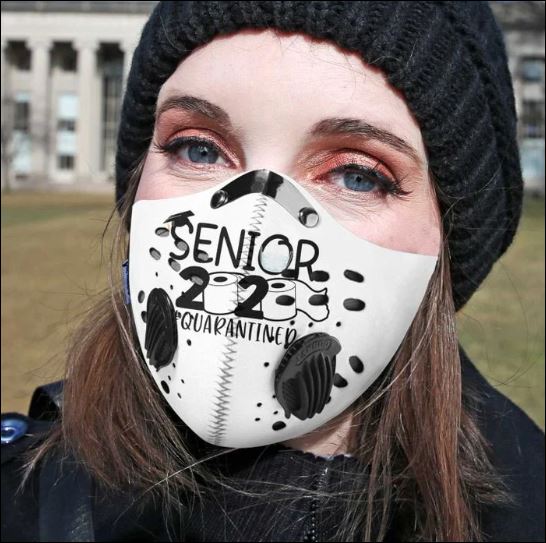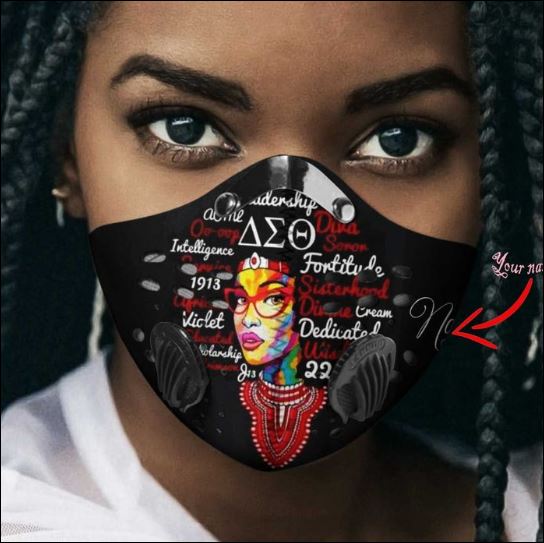However, the newly freed slaves dealt with a fluctuation of liberty and oppression through the Jim Crow Laws after the Racism in the United States has not remained the same over time since its creation. Racism has shifted, changed, and shaped into unrecognizable ways that fit into the fabric of the American society to render it nearly invisible to the majority of Americans. Michelle Alexander, in her book, Truck the best of the best The New Jim Crow: Mass Incarceration in the Age of Colorblindness shatters this dominantly held belief. The New Jim Crow makes a reader profoundly question whether the high rates of incarceration in the United States is an attempt to maintain blacks as an underclass. Michelle Alexander makes the assertion that “[w]e have not ended racial caste in America; we have merely redesigned it” using the criminal justice system and colorblind rhetoric. (Alexander 2). The result is a population of Black and Latino men who face barriers and deprivation of rights as did Blacks during the Jim Crow era. Therefore, mass incarceration has become the new Jim Crow.
Buy it on Ethershirt
Truck the best of the best rug

In making the case that mass incarceration is the new version of Jim Crow, Alexander moves through a history of racial caste systems from slavery to Jim Crow. Alexander demonstrates this history by explaining that it was during these racially periods of American history that the platform was set for maintaining a black underclass through the use of race-neutral language. Slavery was an obvious racial caste system in which the laws, including the U.S. Constitution, were used to ensure that blacks would live and be treated as a distinct group. Michelle alexander is a highly acclaimed civil rights lawyer, advocate and legal scholar. Truck the best of the best As an associate professor of law at Standford law school, she directed the Civil Rights Clinic and pursued a research agenda focused on the intersection of race and criminal justice. In 2005. Alexander won a Soros Justice Fellowship that supported the writing of The New Jim Crow and accepted a joint appointment at the Kirwan Institute for the Study of Race and Ethnicity and the Mortiz College of Law at The Ohio State University, where she currently serves as an associate professor of law. Prior to…show more content… The New Jim Crow is her first book.
How to get it?



The New Jim Crow has captivated many Americans’ attention since it was published in 2010. Michelle Alexander has become the poster woman for ending the drug war and mass incarceration, for policy reform and for mass movement organizing. She wrote this book for liberals like her to alert them that this system—in which people are being targeted, criminalized, stereotyped to support popular complacent consent for criminalization, incarcerated, and then denied full citizenship upon release—is a legacy to the racial caste system that was Jim Crow. While this I believe to be true, I also believe that there is more to unfold in the story than Alexander has presented in her book. Jim Crow was the name of the racial caste system, Truck the best of the best which operated primarily between 1877, and the mid-1960s. Jim Crow was more than just a series of rigid anti-Black laws. It was a way of life. Under Jim Crow, African Americans were relegated to the status of second-class citizens. Jim Crow represented the legitimization of anti-Black racism The New Jim Crow has become, to some, the seminal reading on the current state of American incarceration and how it got that way. It has been a ringing alarm for some who could have gone their whole lives and never known about the way that the war on drugs has disproportionately affected certain vulnerable segments of the population and made others vulnerable that may have not.
Homepage: Dnstyles






